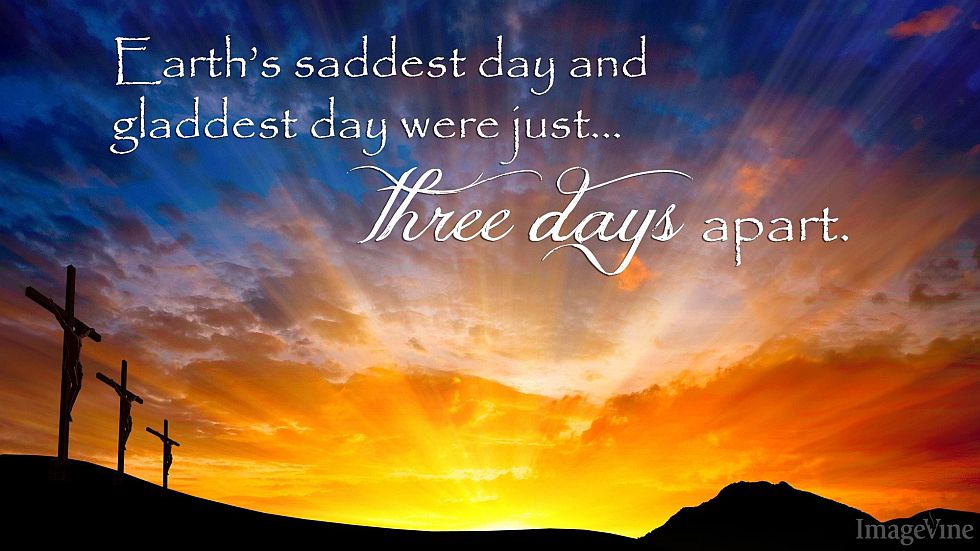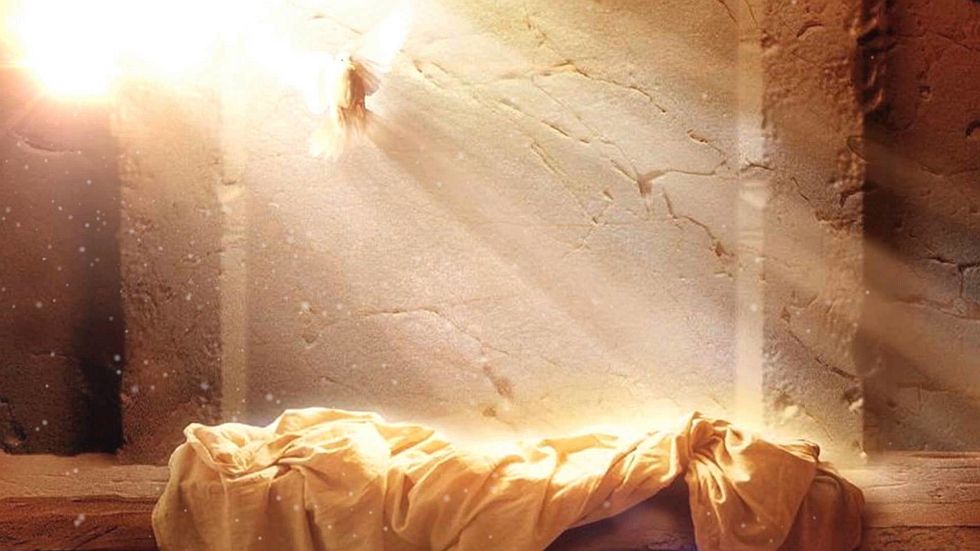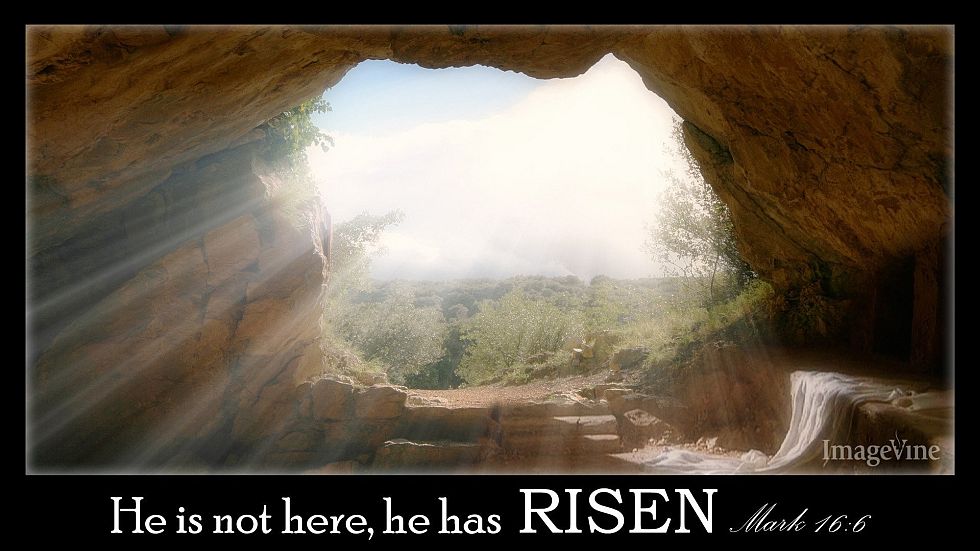The furore and subsequent U-Turn over A-Level and GCSE results being allocated by algorithm have dominated headlines this week.
Instead of students’ results being decided by their exam performance, grades were to be determined by a projection. The calculation included – amongst other things – factors such as their school’s historic record. Whether intended or not, the outcome saw those from disadvantaged backgrounds more likely to have their marks downgraded than students from wealthier areas.
This article is one in a series (Connecting with Culture) from the the London Institute of Contemporary Christianity.
The driving force behind the understandable anger at this situation revealed something which gets to the very core of human desire. Students didn’t want their grades determined for them by an algorithm. They wanted to be seen and judged for who they are and what they have produced.
Jesus himself experiences a crude version of this algorithm. In John 1, having answered Jesus’ call to follow him, Philip finds Nathanael and tells him Jesus is the one about whom Moses and the prophets wrote. ‘He’s Joseph’s son – from Nazareth.’ Nathanael famously retorts ‘Nazareth! Can anything good come from there?’ (John 1:46).
Knowing who Jesus is and all he achieved, we know to roll our eyes at Nathanael’s naivety. But were it not for a very public climb down, Nathanael’s eye roll-inducing thought pattern would have informed the outcomes of thousands of students across the country. ‘Do you seriously think that someone from Nazareth would achieve the high grades predicted for them?’
Philip’s response reflects the attitude we saw from the students who had been most affected: ‘come and see.’ ‘Nathanael, if you think nothing good can come from Nazareth, come and see the brilliance of the one who has been long promised.’
If you think a school’s previous performance would accurately determine the achievement of the current cohort, come and see.
Ultimately, the government relented and reverted to using teacher-assessed grades, but the anger that this set of results has caused points to something so very precious about being known by the living God.
When it comes to exams we desire to be judged on our own merit; in Jesus we are offered something far greater. For those whose hope is in Christ, there will be no anxious waiting come the day when the world receives its final grade. For a relationship with God isn’t based on our location, family history, peer group, or our own performance, but on the death and resurrection of Jesus of Nazareth.
And it’s immensely personal. God doesn’t use an algorithm.
Chris Rousell
Student Worker at St Michael-le-Belfrey, York
This article is one in a series (Connecting with Culture) from the the London Institute of Contemporary Christianity.






